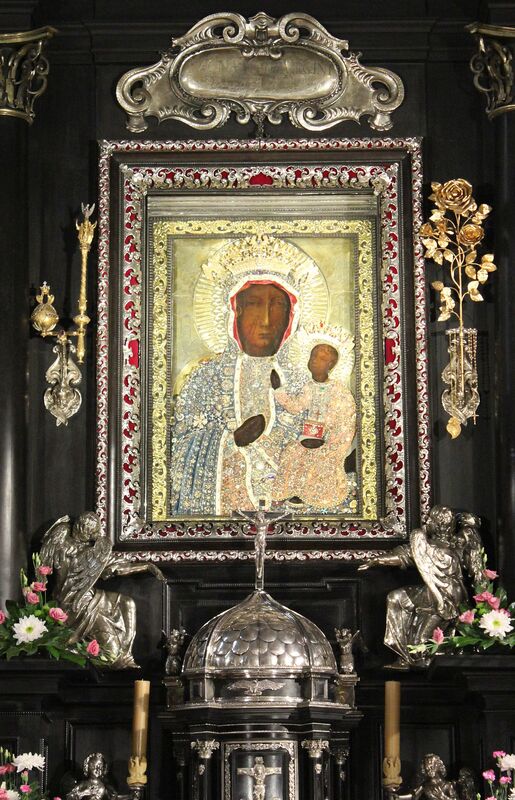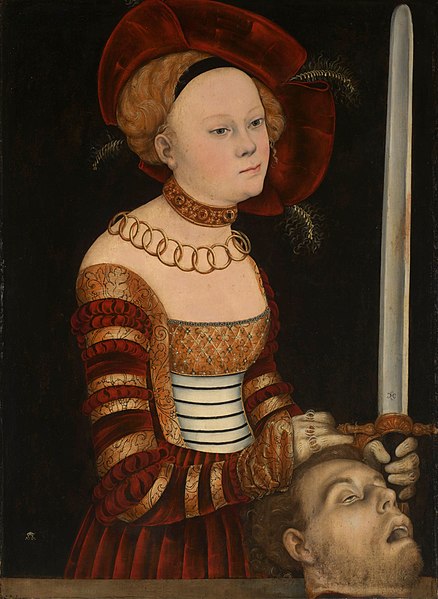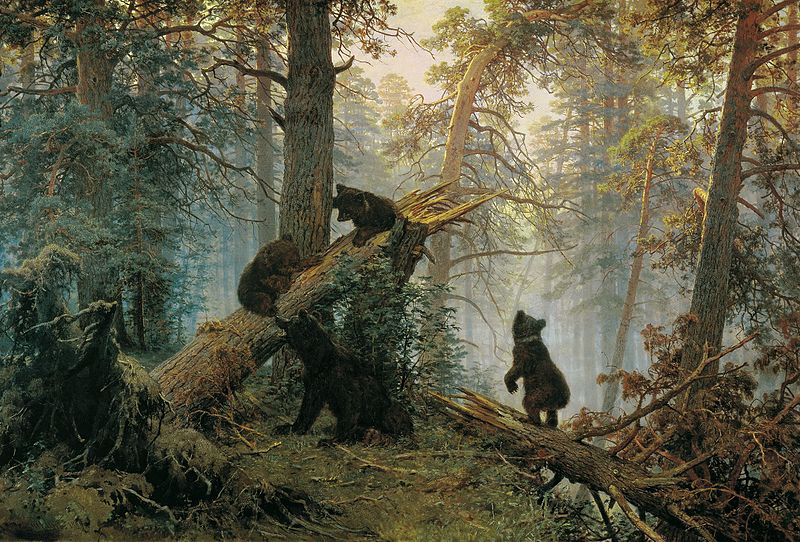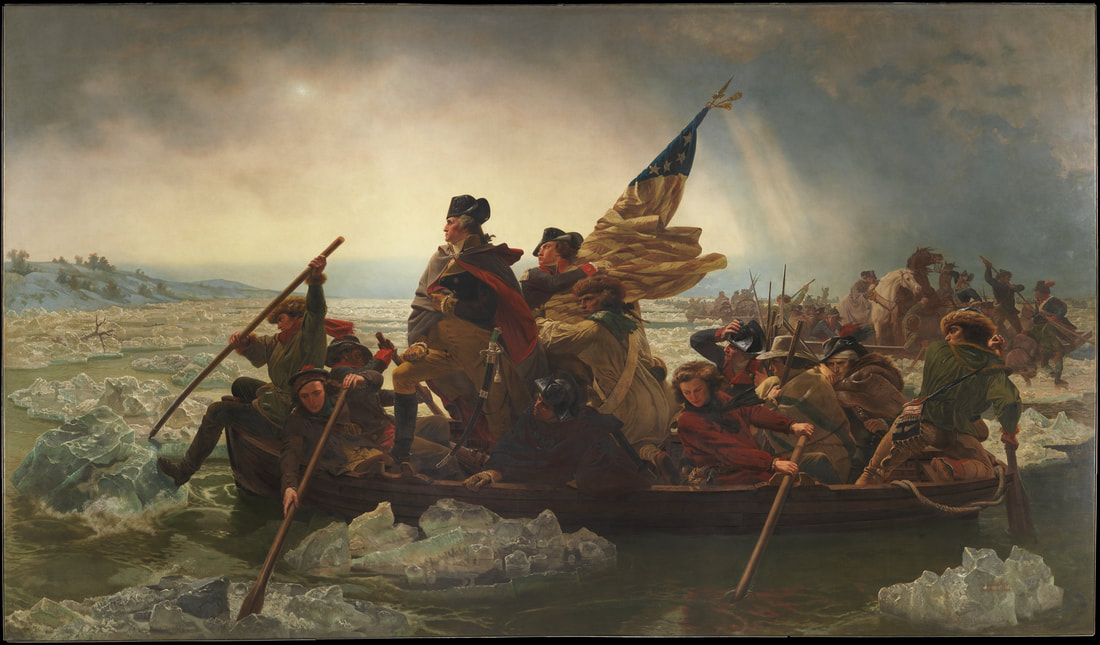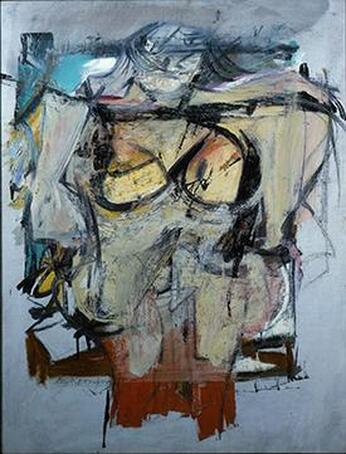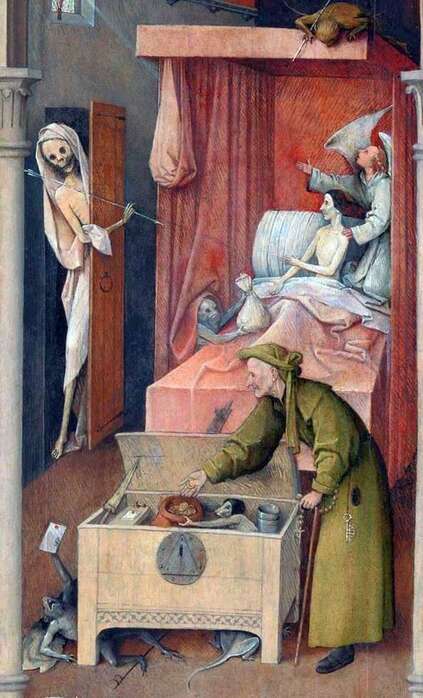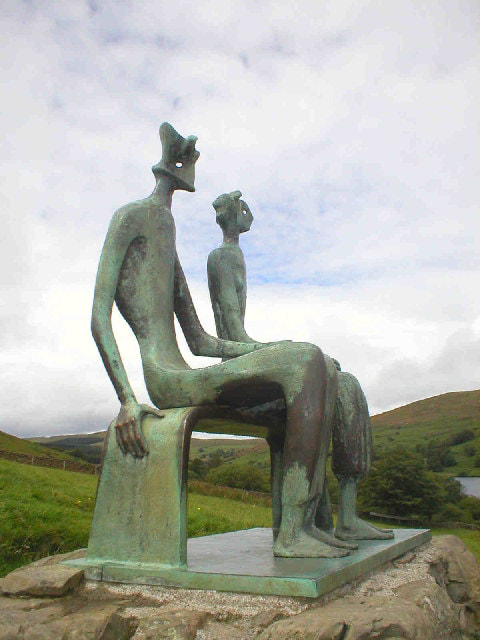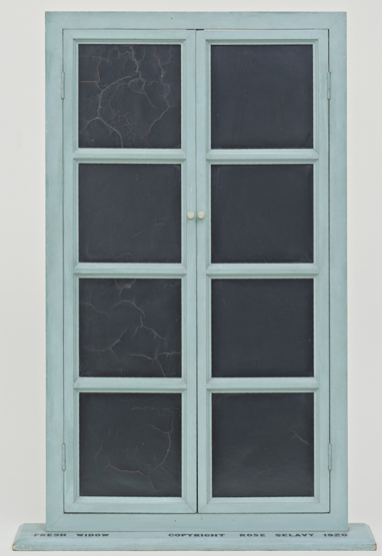|
The Black Madonna of Częstochowa holy Mary. mother of God. strung up in a Polish monastery, wounds tracking like tears of blood. who disfigured you? who do we blame? that rampaging mob of bandits and brigands, like army ants, heads bulging, antennae bent, monstrous mandibles-- dissenters who mutilated the face of a woman in love with her people? or did that second band of vandals, armed with brushes, paints and suspicious intentions, cause a greater harm? sloughing off damage, they gave you noble features: a sharp nose, thin lips and a voice, we imagine, too high, too demanding. transfixed, now an image of an image, twice removed. still, we strive to live lives imitating art, looking back at you in silence, the silence of stone statues and monastery walls, the silence of the devout at prayer, of stars less bright and of candlelight, the silence of eyes and looks no one hears. silver frame, silver shroud, a visage irremediably marred by scars-- we search your face, effaced, and still we look for love. John Davis John Davis is a Canadian living in the US. He spent ten years in Toronto as a graduate student and assistant professor in Political Theory at the University of Toronto. His best memories, however, occurred in the (same) seven years at the Open Studio, working with Don Holman and Otis Tamasauskas. He also spent time with other artists and art historians. Several years of his graduate student time was devoted to Art and Politics, as a tentative thesis. He often writes poetry in response to art.
0 Comments
Judith Returns to Bethulia Judith is nonplussed and dressed to the hilt: plushly plumed velvet hat, milky white skin draped in loops of gold, neck guarded with inlaid jewels. Her bodice is snug and shoulders bare, sleeves embroidered wrapped in cords, a hint of skirt with pleats blood red. Judith’s slender fingers wrap cold-forged steel: finely etched, iron guard, blade unclean with pinkish hints from passing through. Her other hand grips General Holofernes’ severed head by umber hair; brows surprised, drooping eyes dimmed, ever silent mouth agape. His unshaven neck was left unguarded, seduced by Judean wine. Judith returns home to Bethulia besieged—heads held high, all relieved. James Morehead James Morehead is Poet Laureate of Dublin, California, host of the Viewless Wings Poetry Podcast, and has published several collections of poetry including canvas, portraits of red and gray and The Plague Doctor. James' poem "tethered" was transformed into an award-winning hand drawn animated short film; "gallery" was set to music for baritone and piano, and his poems have appeared in the Ignatian Literary Magazine, Beyond Words Literary Magazine, 2nd Place - Oprelle Oxbow Poetry Contest 2022, Citron Review, Prometheus Dreaming, Cathexis Northwest Press, and other publications. Morning in a Pine Forest Fresh off the brush, the pewter-blue of dawn slips through a slouch of pine and spruce, reaches out to touch a broken trunk perused by a sleuth of bears: a mother and three cubs. That's the painting. A nature scene from two of Russia's greatest. Of course, it's more than that to me. It's a window in which I lose myself just by looking in . . . the way the white of mist invests the forest's silhouette, or how one cub, up on its hindlegs, seems dumbstruck by the brightening mid-sky, the thought that day has come again with nothing to explain it. Thomas Farr Thomas Farr is a poet whose work explores the interstices of nature and spirituality, with a particular interest in haiku sensibilities and wilderness poetry. He appears or is forthcoming in River Heron Review, Aôthen Magazine, Wales Haiku Journal, Kyoto Journal and elsewhere. He tweets [X's] @tfarrpoetry. Apocrypha Frozen yet unfixed, ice swirls Around the boat, which cleaves the water With a stoic prow. Stoic too, a man stands in the light (Though it was a starless night) And in silence, leads the land-bound charge. The wind sets the tempo; Rearing horses balance In a background winter waltz, But the others are out of view. The others are but apocrypha. B.D. Cannon B.D. Cannon is a student and poet from Massachusetts. He has previously published in the Rattle Ekphrastic Challenge and loves to spend time in Boston's Museum of Fine Arts. Drum Bridge If you want to know them, as you have said, you must look beyond the darting swallows, through the trellised wisteria curtain, beyond those pilgrims crossing the drum bridge in the train of history, whose steep arch compels them to slow down and acquire a proper mind for rituals of tea. There they are, on the far bank of the pond, the new people of Edo, merchant and artisan, pleasured by the floating world, soon to vanish in the tunnel of time. They are there, deep inside the shrine, the ground of Shinto, where the plum trees murmur in meditation and rocks converse with stones. But what is a drum bridge where no drum beats, you ask. Then you should know it’s also called a moon bridge, reflected on still water, describing the circle of a full moon. See that reflection as subconscious mind, and think how little you can know about anyone from any place from any age, when half of everyone hides from being known. And you say you know me so very well. Wade Cook Wade Cook lives on Lake Sunapee in New Hampshire. His poetry and fiction have appeared in The Louisville Review, Broadkill Review, and The Orchards Poetry Journal. He graduated from Dartmouth College, where he studied creative writing with Samuel Pickering, the inspiration for Mr. Keating, the iconoclastic teacher in the film Dead Poets Society. He lived in Japan for a decade, working as an advertising creative supervisor with Dentsu and studying Japanese at Waseda University in Tokyo. Woman – Ochre for Willem de Kooning I’ve watched you two, my saviours, for 27 years. And I am no fly on the wall, oh no . . . not with these bold breasts and broad brownish brushed body parts – I am the most commanding presence in the bedroom with the door closed, notwithstanding the passion in front of me. I am the secret centrepiece of the whole house. I’ve seen it all from your bare nakedness to your hungry consumption of one another, as if no one else existed, or no one else was watching. . . those moments you tried to forget me. But you never could, could you? Those transient peaks of passion you found in each other could never match the thrill of the bumpy ride from Tucson to Cliff after withdrawing me from my academic prison. Thank you. What did I inspire in you two? What did you inspire in me? Quietly, the creator admires what you did. The goal is not to study as the pompous academics arrogantly proclaim while most objects of purported study are parked in storage bins absorbing darkness. The goal is not for masses to wander by chewing gum and listening to ear buds while making snap decisions about what is good and what is not. On no. . . the goal is to love . . .to see. . .to feel . . to worship . . .to come skin-to-skin and soul-to-soul . . . to find true intimacy. I was born again by your physical love. We became the threesome, the menage a trois, making violent, unrelenting love like the bold, broad, and powerful strokes from where we all began – the friction of creativity, the swapping of familiar fluids like paint dripping off the palette and onto the canvas. You saw me naked just as I saw your bare, sweaty, entwined, bodies, and heard your panting and screaming as you erupted . . . like when you eagerly hurried down the museum steps, with Woman Concealed, feeling the pinnacle of passion as you burst into the cold Tucson morning. Ronald Zack Author's Note: In November of 1985, the William de Kooning painting Woman-Ochre was stolen from the University of Arizona Museum of Art by a couple, a man and woman visiting the museum at opening time. The painting was found in 2017 after death of the surviving spouse of a New Mexico couple. The painting was hanging in their bedroom, behind the door, visible only from inside the bedroom when the door was closed. Ronald Zack is an attorney and nurse practitioner in Tucson, Arizona. He was raised in Detroit and now lives and works in Arizona. He is currently studying poetry in the MFA in Creative Writing program at the Mississippi University for Women. Death and the Miser The present flees in increments departing in wispy steps, increasing its pace. The potential for more lessens in the verity of diminishing days. We guard our gold and won’t leave, though we are always leaving, cannot believe that what we see before us will exist no more as we rely on the tactile, the tangible. Hoarders of possibilities accumulate remnants of mortality in boxes, mistaken worth vainly secured and guarded. But the locks are rusting and the keys won’t fit and the guards wither as shadows stalk stealthily and wink slyly, hosts of conclusions watching us from the sidelines, at the periphery of our vision. And no churl or pinchfist can bag breath and save its moments, and no pleading to angels arrests the finality of what we cannot hold. Karen Herceg Karen Herceg writes poetry, prose, essays, interviews, and reviews and also works as a mentor and editor. She was raised in New York and graduated from Columbia University’s Writing Program. Her work appears internationally in many publications. Karen is a reviewer for Pedestal Magazine. She interviewed Alan Alda for Writer’s Digest. She was the featured guest for the “Meet the Poet” series sponsored by the Forum for Cultural Engagement and the US State Department. Her work has been translated into Russian. Karen's second book of poetry, Out From Calaboose, was released in 2017. She has lived in France since 2019. Her website is www.karencorinneherceg.com. Henry Moore's King and Queen in Dumfries They sit rooted in rocks, here forever like two fossilized trees, their heads broken stumps their eyes pierced holes. In other places they might frame a circle of high rise buildings, docksides, part of the sea. Here they see only the sky, at this moment a circle of pale cobalt blue, a wisp of white but when dawn breaks, yellows and oranges, that palest of blues jostle together in that silent orb of bronze. Imagine the changes that happen here: the black of storms, the grey of a misty day. In winter, rain dripping like tears, etching the bronze with rivulets of turquoise staining their feet and the rocks below. In winter they must be blinded by snow their eyes filled, a glassy white, their heads crowned or haloed their laps a sheet of ice, their clasped hands frozen. At night they sit together, never sleep but contemplate their kingdom, a sliver of moon, the stars. Rosemarie Barr Rosemarie Barr likes sculptures because, as a ceramic artist, she makes them herself, but on a small scale with a certain amount of humour. Her recent poetry is in The Wild World and Last Stanza Poetry Journal. She lives in Wales and is a member of Penfro Poets. Fresh Widow A widow at MOMA is a waltz. In Marcel Duchamp’s oeuvre a window is dubbed “Fresh Widow,” ersatz for the French window’s faux romance. Rather than olive trees and the blue air, and shined like shoes before a waltz, the night air is simply black leather polished daily by order of the artist. Eros and c’est la vie were from the ersatz name Rose Sélavy, the Dadaist’s alter ego. The frame is blue for that air we’d have liked. The window was a waltz for Duchamp, who thought the pun obvious. And at the grief group one woman did wear a black leather coat, formal as a waltz, zipped up. It looked like it came from Saks Fifth Avenue. And did the old men ever leer, there. You could say her jacket was ersatz Duchamp. They’d planned it like artists, the expensive resort. They had one perfect year. They’d timed it like a waltz. It appeared that the famous Dadaist could sniff out art in the future, too, each found thing serendipity, ersatz, suitable for anything else. And how to resist imagining the typist’s error? Widows turn to windows and waltzes. They’re sinister spiders and gullible sports, the plump suspect a heroine, a whore. Long since fresh, widows stand in, ersatz, for punch lines in Hitchcock’s plots. They fall for the murderer who knows a widow’s just a waltz in ¾ time. “The Merry Widow Waltz” plays in the operetta with the brand-new widow, sexy, ersatz. The widow is useful. She’s a corset, a drink, the butt of dirty jokes. When I was a widow, I didn’t care-- I would play the hobbyhorse, be the thumping waltz. I was found out—fresh widow, ersatz. LaWanda Walters LaWanda Walters is a poet and painter who lives with her husband, fellow poet John Philip Drury, in a hundred-year-old house on the edge of a wooded ravine in Cincinnati. She is the author of a book of poems, Light Is the Odalisque (Press 53, Silver Concho Series, 2016), and has had poems recently published in Poetry and The Georgia Review. Kentuck Knob A covenant in wood and stone of earthbound lines that float the heart, a landlocked boat with a sandstone prow and swooping cypress canopies, dappled with sun in hexagons, and banded with light in a cutout frieze whose free-form runes elude conjecture, it puts the ark in architecture. Susan McLean Susan McLean, a retired English professor, is the author of The Best Disguise and The Whetstone Misses the Knife. She lives in Iowa City, but her grandparents lived a short drive away from Kentuck Knob. |
The Ekphrastic Review
COOKIES/PRIVACY
This site uses cookies to deliver your best navigation experience this time and next. Continuing here means you consent to cookies. Thank you. Join us on Facebook:
July 2024
|
